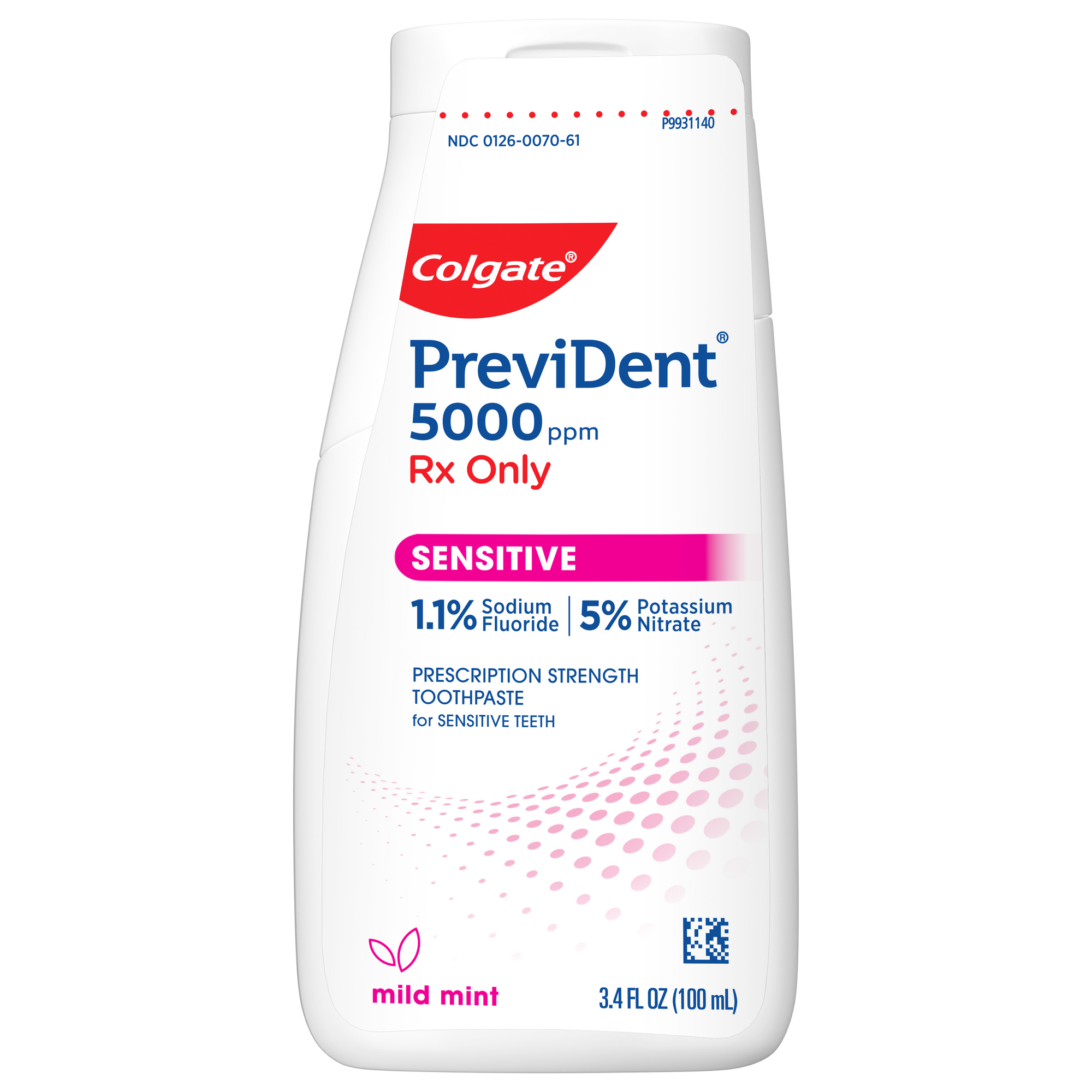What Is Dry Mouth?
Before we get into how dry mouth toothpaste can help, we should discuss what dry mouth is. Technically known as xerostomia. Don't worry about pronouncing it. Just know that dry mouth occurs when there's not enough saliva in your mouth. The following could cause dry mouth:
- Side effects from certain medications (antihistamines, decongestants, etc.)
- Toxicity from chemotherapy
- Head and neck radiotherapy
- Autoimmune disease
- Other conditions (uncontrolled diabetes, infections, hormonal changes, etc.)
The saliva in your mouth, you're going to want that. It's crucial for washing away food debris and acids from food and drink. When it's low, it can lead to tooth decay and cavities. Common symptoms include:
- Difficulty speaking, tasting, chewing, and swallowing
- Stickiness or dehydration in the mouth
- Cracked lips
- Sore throat
- Burning sensation occasionally
Dry Mouth Toothpaste
In recent years, you're now able to use dry mouth toothpaste to battle dry mouth and provide some relief to your parched mouth. Sweet, right? Some things to consider, though, when choosing toothpaste for dry mouth:
- Make sure it's designed to combat dry mouth
- Check to see if it contains fluoride to fight tooth decay
- Consult with your dentist to see if a prescription-strength or over-the-counter dry mouth toothpaste is right for you
Dry Mouth Remedies
Dry mouth toothpaste is just one solution to overcome dry mouth. Lucky for you, there are many other simple ways you can help alleviate your dry mouth symptoms. According to the Mayo Clinic, those include:
- Chew sugar-free gum
- Limit your caffeine intake
- Avoid mouthwashes that contain alcohol
- Stop all tobacco use
- Stay hydrated
- Try over-the-counter saliva substitutes containing xylitol
- Try a mouthwash designed for dry mouth
- Avoid using over-the-counter antihistamines and decongestants as they could worsen your symptoms
- Breathe through your nose, not your mouth
- Add moisture to the air at night with a room humidifier
Keeping your oral health in check can also help dry mouth symptoms. So be sure to:
- Avoid sugary or acidic foods and drinks as they can lead to tooth decay
- Use a fluoride rinse or brush-on fluoride gel daily
- Visit your dentist at least twice every year for your regular cleanings
Proper oral care, regular visits with your dentist, and some of the above tips should really help relieve your dry mouth symptoms. Plus, with the advances made in modern dentistry of late, there's now toothpaste to help out as well. And then, hopefully, the only dry thing is your dry mouth toothpaste tube after you've squeezed every last drop out of it.
This article is intended to promote understanding of and knowledge about general oral health topics. It is not intended to be a substitute for professional advice, diagnosis or treatment. Always seek the advice of your dentist or other qualified healthcare provider with any questions you may have regarding a medical condition or treatment.
ORAL HEALTH QUIZ
What's behind your smile?
Take our Oral Health assessment to get the most from your oral care routine
ORAL HEALTH QUIZ
What's behind your smile?
Take our Oral Health assessment to get the most from your oral care routine







.jpeg)






